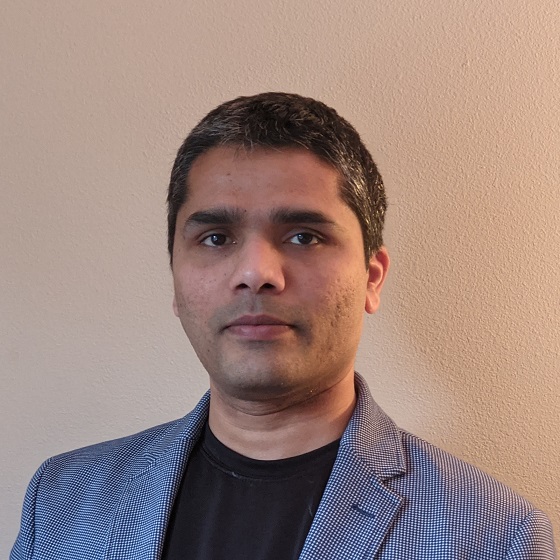
Raman Palabindala
MD MBA SFHM FACP
Associate Professor of Medicine and Physician Advisor
Co-Founder: Doctors for Health Innovation (D4HI)
I am an extrovert with a constant drive to make new connections and expand my social footprint. For some people, networking is a means to grow professionally or to improve job prospects or a step towards some personal/professional goal. For me, regularly interacting with my social or professional groups is the goal. It makes me feel good. Since moving to US about 14 years ago, I made hundreds of connections. I have probably spent more time in hallways meeting new people than in board rooms giving presentations and formal meetings. I find this the most satisfying part of attending professional conferences.
As I looked back, it became apparent that some of the major collaborative research projects of my professional career resulted from these connections. Once such example is a recent publication approved in the Journal of Patient Safety. Typically, such a project needs to be either initiated by a big industry sponsor like big pharma or organizations like ACP or AMA. We did not require any such support. Instead, professionals from five major academic organizations namely from Baystate, University of Kentucky, UT Dallas, Emory, and UMC came together to collaborate in this research with the bold aim to transform the discharge summaries and process across the nation. And we were able to rapidly deliver a research project that has the potential to change the discharge summaries for hospitalists in the future.
Even during 2020 and challenges related to COVID-19, I was able to partner with multiple physicians across the country to publish the relevant and up-to-date information on "The Hospitalist" magazine. These efforts not only helped the physicians across the US but also helped medical students, residents, and early career hospitalists improve their CVs and get local recognition in their organizations. An FDA/NIH collaborative platform CDRC was represented by several emerging clinical leaders. Recently, one of my close friends was featured on the cover page of The Hospitalist magazine. All of these are the result of collaboration between our physician colleagues across the country.
Probably the only silver linings of the otherwise dark 2020 is that the restriction of in-person networking and resultant adoption of social media and technology advancement, has conclusively demonstrated that it does not have to be the same old meet ‘n’ greet to grow your network. Collaborations can happen in real time and across the globe. As we physicians continue to adopt modern communication technology, we will discover several new ways of pooling together our collective knowledge and expertise to solve the health problems across the world. And this is a big part of our vision for the D4HI community. We intend to be the catalyst to stimulate and nurture professional collaborations between clinical communities to create innovative solutions for complex health problems.